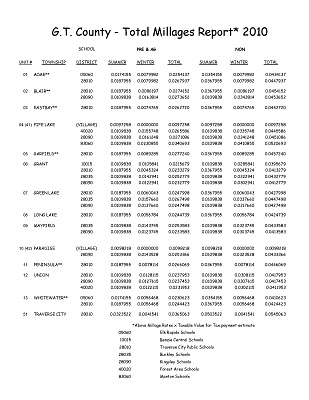The Tax Cuts and Jobs Act – How does it affect homeowners?
Here are the major provisions that will affect current and prospective homeowners. All individual provisions are generally effective after December 31, 2017 for the 2018 tax filing year and expire on December 31, 2025 unless otherwise noted. The provisions do not affect tax filings for 2017 unless noted.
Deduction for State and Local Property Taxes
- The final bill allows an itemized deduction of up to $10,000 for the total of state and local property taxes and income or sales taxes. This $10,000 limit applies for both single and married filers and is not indexed for inflation.
- The final bill also specifically precludes the deduction of 2018 state and local income taxes prepaid in 2017.
Mortgage Interest Deduction
- The final bill reduces the limit on deductible mortgage debt to $750,000 for new loans taken out after 12/14/17. Current loans of up to $1 million are grandfathered and are not subject to the new $750,000 cap. Neither limit is indexed for inflation.
- Homeowners may refinance mortgage debts existing on 12/14/17 up to $1 million and still deduct the interest, so long as the new loan does not exceed the amount of the mortgage being refinanced.
- The final bill repeals the deduction for interest paid on home equity debt through 12/31/25. Interest is still deductible on home equity loans (or second mortgages) if the proceeds are used to substantially improve the residence.
- Interest remains deductible on second homes, but subject to the $1 million / $750,000 limits.
Moving Expenses
- The final bill repeals moving expense deduction and exclusion, except for members of the Armed Forces.
Source: https://www.nar.realtor/taxes/tax-reform/the-tax-cuts-and-jobs-act-what-it-means-for-homeowners-and-real-estate-professionals?tp=i-H43-Bb-1Jq-1b4c2-1p-C5u1-1c-1Z75h-1DcSmD&om_rid=23612206%20&Om_ntype=NARstandard&om_mid=5074#!#Current%20and%20Prospective%20Homeowners Copyright National Association of REALTORS®. Reprinted with permission.




